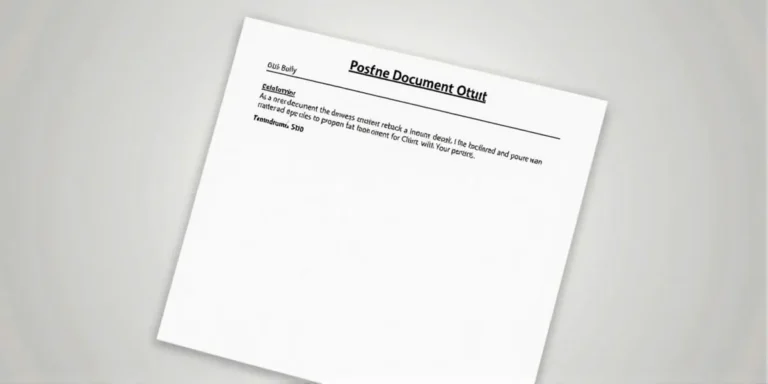In California, naming beneficiaries is one of the most important aspects of estate planning, yet it is an area where mistakes can create significant legal and financial problems. Beneficiary designations control how assets such as life insurance, retirement accounts, and payable-on-death accounts are distributed. These designations override instructions in a will or trust, making careful selection critical. Choosing the wrong person as a beneficiary can result in unintended consequences, tax burdens, or even legal disputes.
 One group that should generally never be named as beneficiaries is minor children. While parents often want to provide directly for their children, California law prohibits minors from directly owning substantial assets. If a child is listed as a beneficiary, the court may need to appoint a guardian to manage the funds until the child turns 18, creating delays and costs. A better approach is to establish a trust that can hold assets for the child’s benefit, managed by a trustee under clear instructions.
One group that should generally never be named as beneficiaries is minor children. While parents often want to provide directly for their children, California law prohibits minors from directly owning substantial assets. If a child is listed as a beneficiary, the court may need to appoint a guardian to manage the funds until the child turns 18, creating delays and costs. A better approach is to establish a trust that can hold assets for the child’s benefit, managed by a trustee under clear instructions.
Another group to avoid naming as beneficiaries is individuals receiving government assistance, such as Supplemental Security Income (SSI) or Medi-Cal benefits. Inheriting assets directly can disqualify these individuals from programs they depend on for healthcare and living expenses. Instead, a special needs trust should be created, allowing the beneficiary to receive support without losing eligibility for public benefits. This preserves both financial stability and essential care coverage.
Ex-spouses are also a risky choice for beneficiaries. Even after divorce, some individuals forget to update their beneficiary designations on retirement accounts or insurance policies. In California, while divorce may revoke certain designations under law, financial institutions do not always update records automatically. Failing to revise beneficiary designations after a divorce can unintentionally transfer assets to an ex-spouse, leading to disputes among surviving family members. Regular updates are the best safeguard against this error.
Naming creditors or business partners as beneficiaries is another mistake to avoid. Creditors may claim inherited funds to satisfy debts, leaving little for intended family members. Similarly, naming a business partner may complicate estate administration and create conflicts with heirs. For business interests, a buy-sell agreement or trust arrangement is more effective for ensuring smooth transitions while protecting family inheritances.
| Beneficiary to Avoid | Reason in California | Better Alternative |
|---|---|---|
| Minor Children | Cannot directly inherit assets | Establish a trust with a trustee |
| Individuals on SSI or Medi-Cal | Inheritance may end benefits | Use a special needs trust |
| Ex-Spouses | Risk of unintentional inheritance | Update designations after divorce |
| Creditors or Business Partners | Assets may be claimed or disputed | Use trusts or business agreements |
| Unreliable Individuals | Funds may be mismanaged | Select responsible trustees or guardians |
Finally, individuals who are financially irresponsible or have a history of substance abuse should not be named directly as beneficiaries. In California, assets inherited outright by such individuals may be wasted or lost to harmful behavior. Instead, a spendthrift trust can be established to protect the inheritance, allowing a trustee to distribute funds responsibly over time. This ensures the beneficiary receives support while safeguarding the assets from misuse.
In conclusion, while naming beneficiaries seems straightforward, careful planning is essential under California law. Minors, individuals dependent on government aid, ex-spouses, creditors, business partners, and financially unstable individuals should generally be avoided. Trusts and updated designations offer safer alternatives that protect both assets and beneficiaries. By choosing wisely and reviewing designations regularly, individuals can ensure their estate plan provides lasting security and avoids costly complications.






